Think back to those economics classes you took in college. You can probably still define a few concepts like price elasticity, opportunity cost and diminishing returns, but the rest may be somewhat hazy. Like most busy people, you probably haven’t stayed abreast of the latest research on the causes of economic growth or poverty, the metrics for economic policy, the economics of information and the use of evolutionary modelling. Don’t worry. In this pleasant fly-over, economist Diane Coyle shows you the newly discovered economic territory you might have missed. Her presentation is all right, though she’s defensive about her chosen profession and sometimes dodges around a bit before coming to the point. Still, getAbstract believes you’ll find her book sensible, accurate, apolitical, fairly well-organized and far more “utility maximizing” than econ class.
Soulful, Not Dismal
In one old joke, an academic economist blithely dismisses evidence supporting a policy proposal. “That may work in practice,” he sniffs, “but it’ll never work in theory.” To critics, this joke sums up what’s wrong with the field of economics. It obsesses over superfluous and abstruse mathematics, lacks predictive power, shills for heartless think-tankers, has a ridiculously reductive conception of human psychology, ignores how social institutions shape society and is, if not divorced, then at least separated from business reality. This enmity is not new. Thomas Carlyle famously labelled economics “the dismal science” in the mid-1800s, and the 150 years has hardly burnished the field’s tarnished image.
Yet, today, economics is far from dismal and barely resembles the hoary caricature drawn by its detractors. For starters, 21st-century economists have more and better data about “the real world” available than ever before. More importantly: Modern computing power now enables economists to analyze enormous data sets quickly and accurately. They also can run sophisticated computer simulations, doing “experiments” that could never be performed in a real...









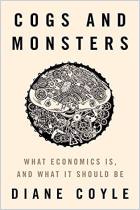
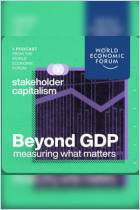

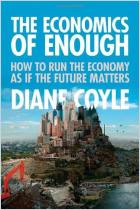
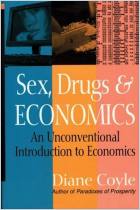
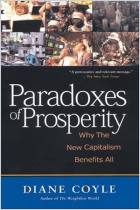
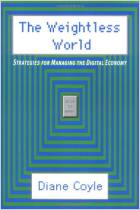
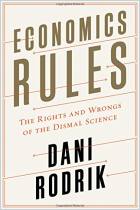
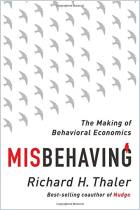
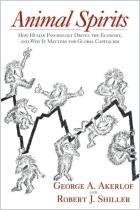
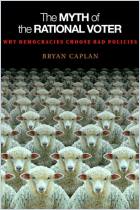
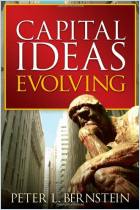




Comment on this summary or Démarrer une discussion